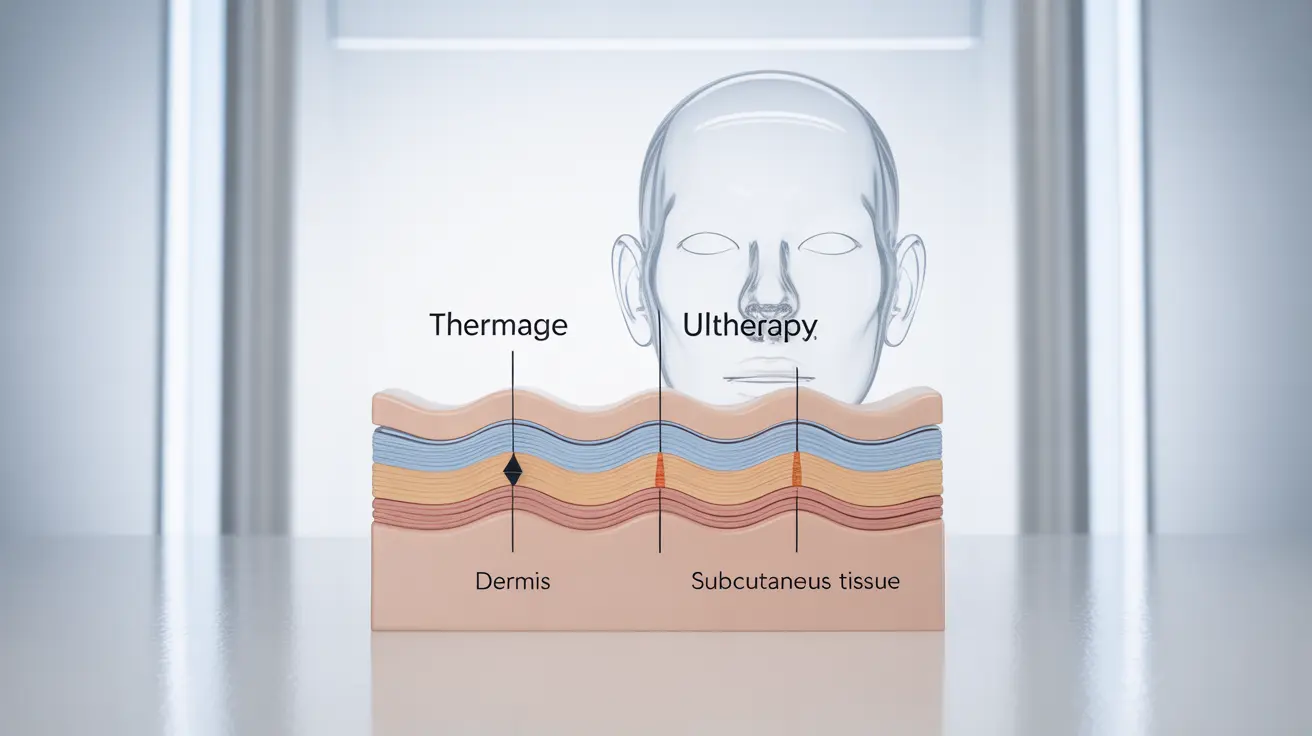GetLabTest News
Symptom Analysis
Interpreting Test Results
Diseases & Symptoms
Health Queries Answered
All
Latest
How to Be a Better Person and Be Happy: A Complete Guide to Personal Growth
Explore essential strategies on how to be a better person and be happy through mindfulness, empathy, and personal growth techniques.

Discover how a humidifier for nasal congestion can provide relief and support respiratory health by maintaining optimal humidity levels.
Health Queries Answered
min read

Explore the differences between Thermage vs Ultherapy, two leading non-invasive skin tightening treatments. Learn which one suits your needs best.
Health Queries Answered
min read

Discover the different types of knee braces for osteoarthritis and how they can help manage pain and improve mobility. Find your best option.
Health Queries Answered
min read

Discover if Medicare covers palliative care services and explore your options for comprehensive support during serious illness.
Health Queries Answered
min read

